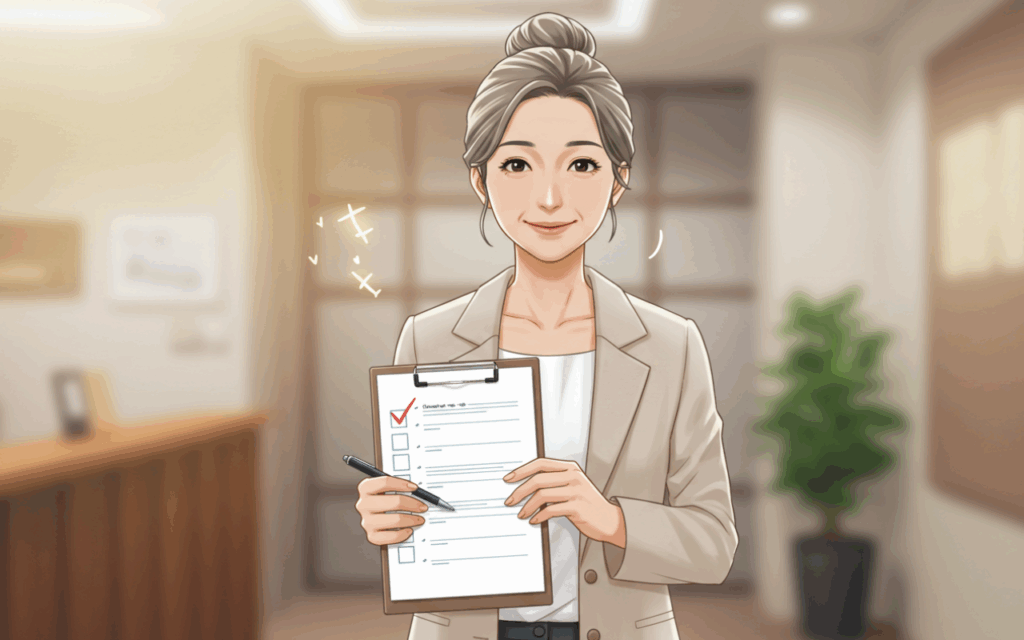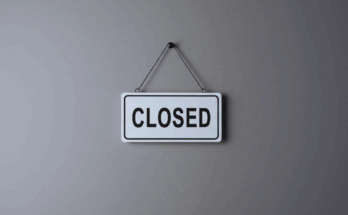Running a small business is no small feat. From managing day-to-day operations to building your customer base, there’s always something demanding your attention. Amidst the hustle, it’s easy to overlook one critical aspect of your business: insurance. Proper insurance coverage is essential to protect your business from unexpected events, financial losses, and legal liabilities. But how do you know if your small business is adequately insured? Here’s a quick checklist to help you evaluate your coverage and ensure your business is safeguarded.

1. General Liability Insurance
Every small business should have general liability insurance. This coverage protects you against claims of bodily injury, property damage, or personal injury caused by your business operations. Whether a customer slips and falls in your store or you accidentally damage a client’s property, general liability insurance can save you from costly lawsuits.
2. Property Insurance
Do you own or lease a physical space for your business? If so, property insurance is a must. This policy covers damage to your building, equipment, inventory, and other assets due to events like fire, theft, or natural disasters. Even if you operate from home, consider adding coverage for business-related items that may not be included in your homeowner’s policy.
3. Professional Liability Insurance
Also known as errors and omissions (E&O) insurance, this coverage is crucial for businesses that provide professional services or advice. It protects you if a client claims your work caused them financial harm due to negligence, mistakes, or failure to deliver on promises. For example, consultants, accountants, and designers often rely on professional liability insurance.
4. Workers’ Compensation Insurance
If you have employees, workers’ compensation insurance is likely required by law in most states. This policy covers medical expenses and lost wages for employees who are injured on the job. It also protects your business from lawsuits related to workplace injuries. Even if you have just one employee, don’t skip this essential coverage.
5. Commercial Auto Insurance
Does your business use vehicles for deliveries, transportation, or other operations? Personal auto insurance won’t cover accidents that occur while using a vehicle for business purposes. Commercial auto insurance ensures that your business vehicles and drivers are protected in case of accidents or damages.
6. Cyber Liability Insurance
In today’s digital age, cyber threats are a growing concern for businesses of all sizes. If you store sensitive customer data or conduct transactions online, cyber liability insurance can help cover costs related to data breaches, hacking incidents, or other cyberattacks. This coverage is especially important for small businesses that may lack robust IT security systems.
7. Business Interruption Insurance
What would happen if a natural disaster or other unforeseen event forced your business to temporarily shut down? Business interruption insurance provides financial assistance to cover lost income and operating expenses during the downtime. It’s a valuable safety net for businesses that rely on physical locations or equipment to operate.
8. Industry-Specific Coverage
➢ Depending on your industry, you may need specialized insurance policies tailored to your unique risks. For example:
- Restaurants might need food contamination coverage.
- Construction businesses may require contractor liability insurance.
- Retail stores could benefit from product liability coverage.
Talk to an insurance agent who understands your industry to identify any additional policies you might need.
9. Umbrella Insurance
If you want extra protection beyond the limits of your existing policies, consider umbrella insurance. This coverage provides an additional layer of liability protection and can be especially useful if your business faces high risks or operates in a litigious environment.
10. Review and Update Regularly
Insurance needs aren’t static, they change as your business grows and evolves. Regularly review your policies to ensure they align with your current operations, assets, and risks. For example, if you’ve recently expanded to new locations or added new services, you may need additional coverage.
Conclusion
Insurance might not be the most exciting part of running a small business, but it’s undoubtedly one of the most important. Without proper coverage, a single incident could jeopardize everything you’ve worked so hard to build. Use this checklist as a starting point to evaluate your current policies and identify any gaps in coverage.
When in doubt, consult with an experienced insurance agent who can help tailor policies to fit your specific needs. After all, peace of mind is priceless and knowing your business is protected allows you to focus on what matters most: growing and thriving. So, is your small business properly insured? Take the time to check and protect what matters most.



